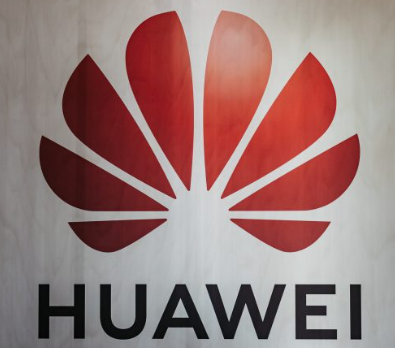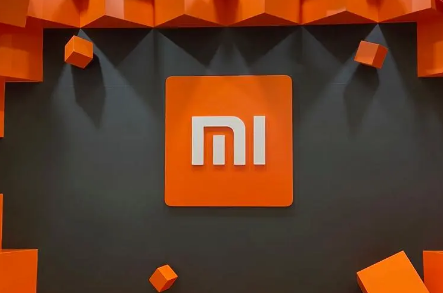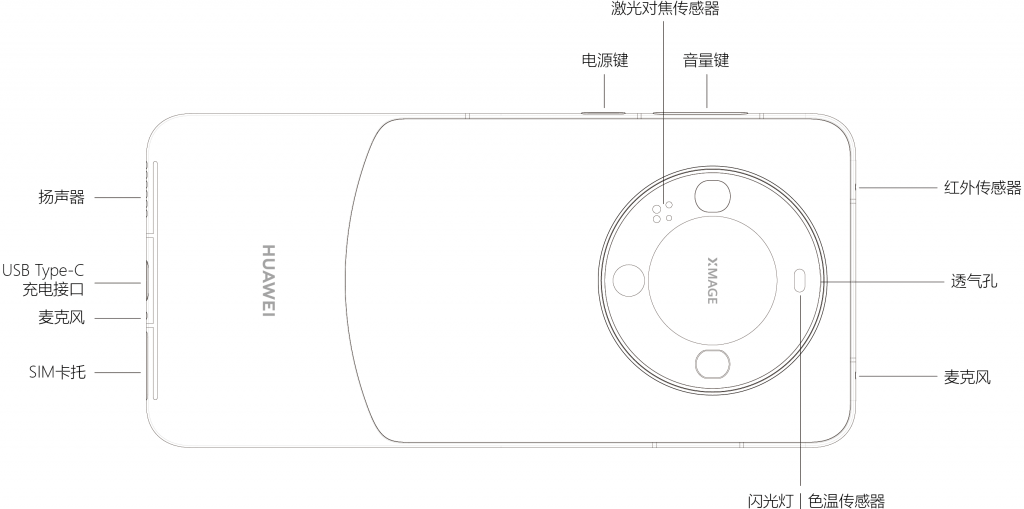U.S. Lawmakers Propose Ban on Chip Sales to Huawei, ZTE
A bipartisan group of U.S. lawmakers has introduced legislation which would ban the export of U.S. chips and other components to Chinese telecommunications companies Huawei and ZTE for violating U.S. export control laws.
The Telecommunications Denial Order Enforcement Act — sponsored by Senators Tom Cotton (R-Arkansas) and Chris Van Hollen (D-Maryland) and Representatives Mike Gallagher (R-Wisconsin) and Ruben Gallego (D-Arizona) — would direct the U.S. President to impose penalties pursuant to denial orders on Chinese telecommunications companies that are in violation of the export control or sanctions laws of the U.S., among other purposes.
The U.S. Commerce Det. issued a denial order banning the sale of components to ZTE last year, following a four-year investigation into ZTE's failure to comply with U.S. export control laws banning sales to Iran. The order was rescinded in June at the direction of U.S. President Donald Trump — who said it would result in too many Chinese job losses — in the midst of trade negotiations between the U.S. and China.
Last month, Huawei Chief Financial Officer Meng Wanzhou was arrested in Canada at the request of U.S. prosecutors on charges of violating U.S. sanctions.
"Huawei is effectively an intelligence-gathering arm of the Chinese Communist Party whose founder and CEO was an engineer for the People's Liberation Army," Cotton said in a statement.
Cotton added that if Chinese companies like Huawei violate U.S. sanctions or export control laws, "they should receive nothing less than the death penalty — which this denial order would provide."
"Huawei and ZTE are two sides of the same coin," Senator Van Hollen said. "Both companies have repeatedly violated U.S. laws, represent a significant risk to American national security interests, and need to be held accountable."
The bill's introduction comes at a time of high trade tensions between the U.S. and China, with both sides imposing tariffs on products imported from the other. The Trump Administration continues to negotiate with China on a long term trade deal that would presumably end the trade war, but so far no agreement has been produced.
On Thursday, the Wall Street Journal reported that Trump Administration officials are debating the relaxation or removal of some tariffs against Chinese products in an effort to aid the trade talks between the two countries.
Also Thursday, the Wall Street Journal reported that U.S. federal prosecutors are investigating whether Huawei stole trade secrets from U.S. business partners, including T-Mobile.
在线留言询价
- 一周热料
- 紧缺物料秒杀
| 型号 | 品牌 | 询价 |
|---|---|---|
| BD71847AMWV-E2 | ROHM Semiconductor | |
| CDZVT2R20B | ROHM Semiconductor | |
| MC33074DR2G | onsemi | |
| TL431ACLPR | Texas Instruments | |
| RB751G-40T2R | ROHM Semiconductor |
| 型号 | 品牌 | 抢购 |
|---|---|---|
| BP3621 | ROHM Semiconductor | |
| STM32F429IGT6 | STMicroelectronics | |
| TPS63050YFFR | Texas Instruments | |
| IPZ40N04S5L4R8ATMA1 | Infineon Technologies | |
| BU33JA2MNVX-CTL | ROHM Semiconductor | |
| ESR03EZPJ151 | ROHM Semiconductor |
- 周排行榜
- 月排行榜
AMEYA360公众号二维码
识别二维码,即可关注


请输入下方图片中的验证码:


























